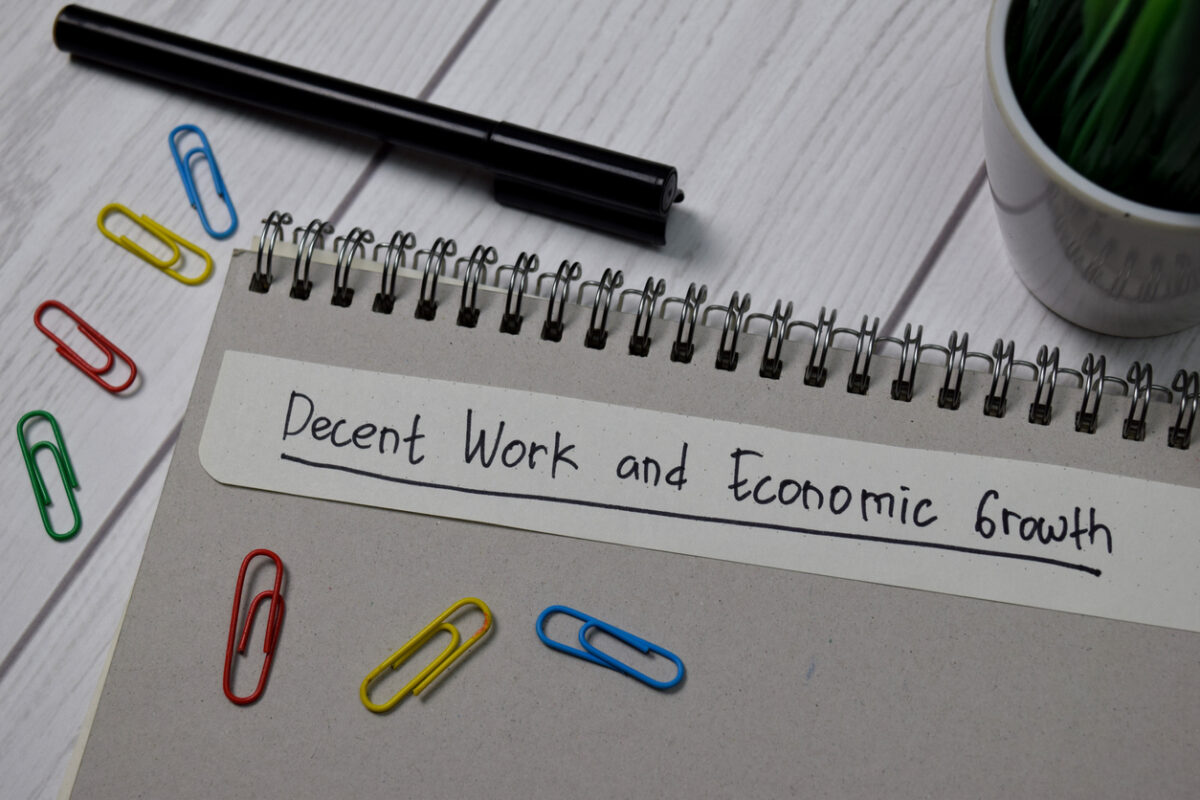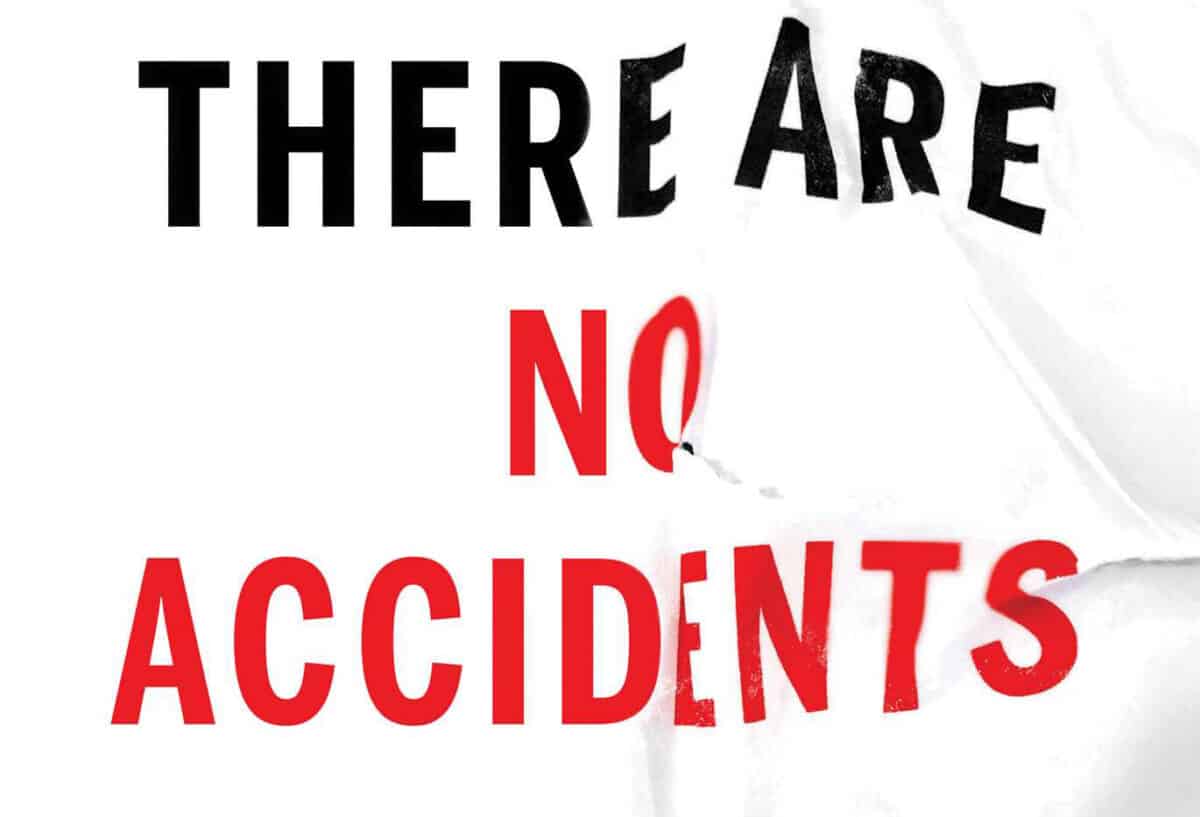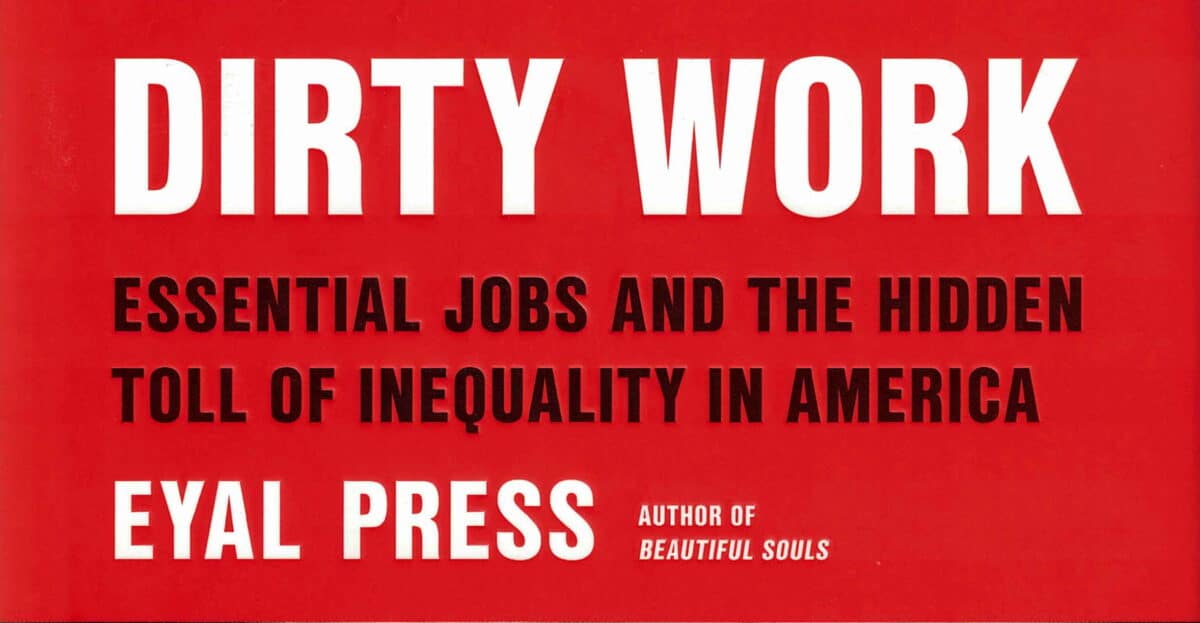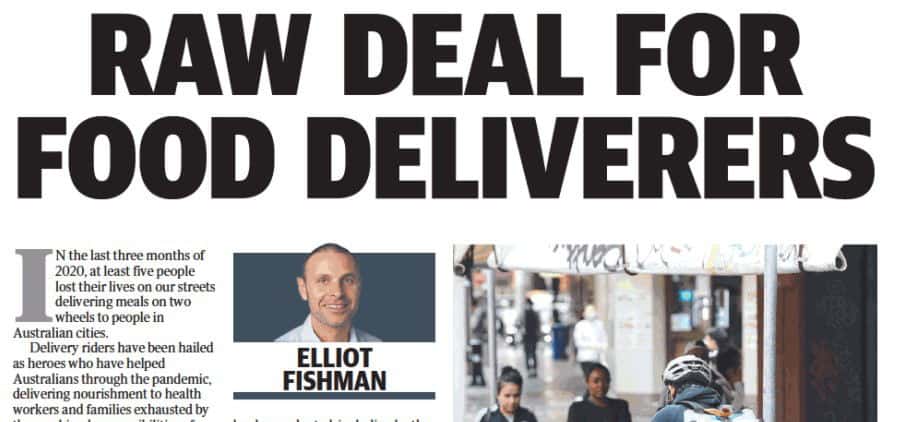So what level and type of well-being budget did Dr Jim Chalmers commit his government to? A lot less than we anticipated last week. Dr Chalmers gave a nod to the work of his New Zealand counterpart but seems to be waiting for further discussion in the “jobs summit” in September 2022.
Michelle Grattan has written that:
“A coming test for consensus will be the September jobs summit. This will be an ideas-gathering exercise, but the government will also want to shape it as a prelude to the October budget, and that will require some common messages.”
Regardless of Dr Chalmers’ intention to develop a well-being budget, the jobs summit will have the same tripartite of industrial relations and occupational health and safety (OHS) invitees. Unless Dr Chalmers and Treasury offer up something fresh, like an OHS perspective on the prevention of mental health, innovation is unlikely. Little more than “in-principle” agreements should be anticipated.







